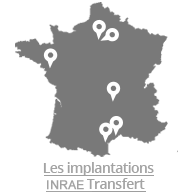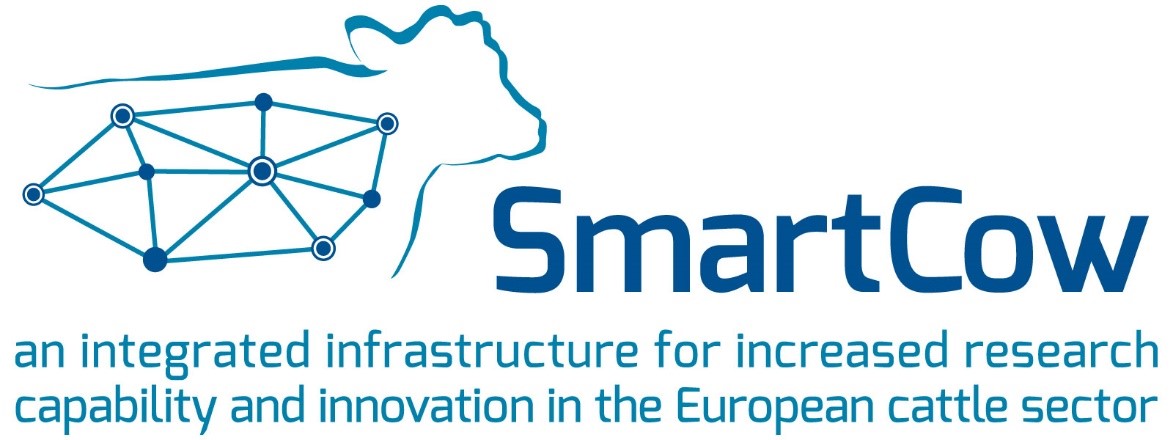
SmartCow: an integrated infrastructure for increased research capability and innovation in the European cattle sector
Objectives
Although livestock production is vitally important for Europe’s future (€130 billion to the EU economy - 48% of the agricultural sector, employment for ~ 30 million people), it receives much criticism due to environmental concerns and issues on animal health and welfare. Ruminant production systems have been singled out, with red meat in particular targeted as being environmentally unfriendly. Thus, research in animal agriculture is challenged to find solutions to improve resource use efficiency, reduce anthropogenic GHG emissions and improve animal health and welfare of livestock. At the same time, livestock research infrastructures (RIs) are notoriously expensive to equip and maintain. One of the obstacles to research and innovation in the European cattle sector is the lack of coordination and integration of RIs despite several recommendations already published (ESFRI roadmap 2016, Animal Task Force 2016). Coordination, harmonisation, and access to European research infrastructures are essential to support research and innovation for the cattle sector, and to contribute to a sustainable, smart, and competitive animal agriculture in Europe.
The SmartCow project started on 1st February 2018 for 4 years. It gathers 14 partners across Europe. SmartCow integrates key European cattle research infrastructures, to promote their coordinated use and development and thereby help the European cattle sector face the challenge of sustainable production. Covering all the relevant scientific fields and the diversity of cattle types and production systems, SmartCow will provide the academic and private research communities with easy access to 11 major research infrastructures from 7 countries (18 installations) of high quality services and resources. It will develop innovative and ethical solutions for efficient use of animal and feed resources that promote animal welfare and healthy livestock, as well as sustainable competitiveness.
SmartCow combines strong scientific and technical skills in animal nutrition and physiology (in vivo methods for evaluating nutrient utilisation, excretion and emissions), genetics (genotyped animals, phenotyping capabilities), health and welfare (sensors and automatic recordings of physiological and behavioural traits) and ethics in animal experimentation. Joint research activities will be carried out to refine reference methods in ruminant nutrition and proxies (biomarkers measured on milk, blood, feces…) to evaluate feed efficiency and its biological determinants, develop new protocols and guidelines to reduce the use of animals, and produce new methods to exploit sensor data for cattle husbandry. It will contribute to the implementation of 3R principles (reduce, refine, replace) in cattle experimentation. Networking activities will make it possible to harmonise and standardise procedures especially in animal care and measurements, design of experiments, data recording and analysis. The data generated will be shared in a cloud-based data-platform dedicated to the project. Thanks to a transnational access to the SmartCow infrastructures, the project will provide free access to around 10,000 “cow.weeks” of experiment to researchers all around Europe and will thus facilitate around 30 research projects. Promotion of transnational access and dissemination of SmartCow outcomes and innovations will be supported by a Stakeholder Platform composed of pre- and post-farm gate industry, farmer organisations, NGOs, policy makers at national and EU levels for maximum impact.
SmartCow is a first step towards the integration of key research infrastructures for dairy and beef of European and worldwide interest. This could then be built upon to create an advanced European cattle infrastructure network, working towards the ultimate goal of an integrated European farm animal research infrastructure.
EC funding : 5 million euros
Duration : 4 years
Start : Febraury 1st 2018
Coordinator : René Baumont rene.baumont@inra.fr
Project manager : Léa Tourneur lea.tourneur@inra.fr
Website: http://www.smartcow.eu/



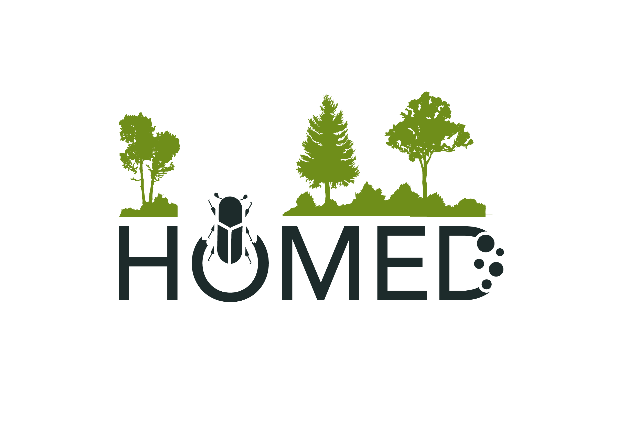 HOMED
HOMED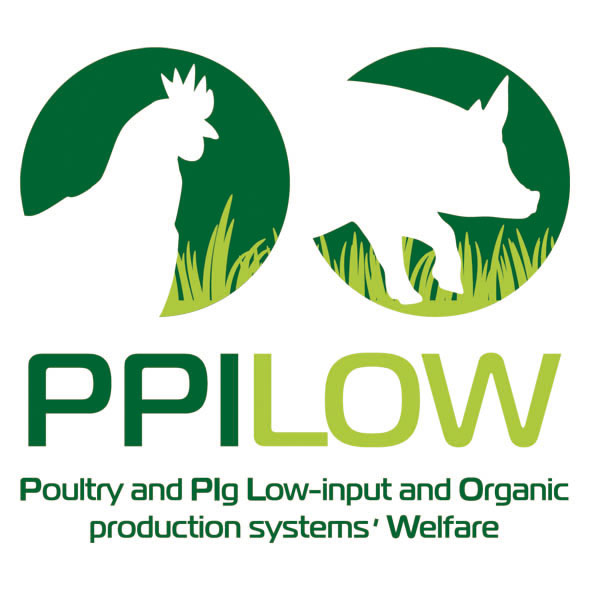 PPILOW
PPILOW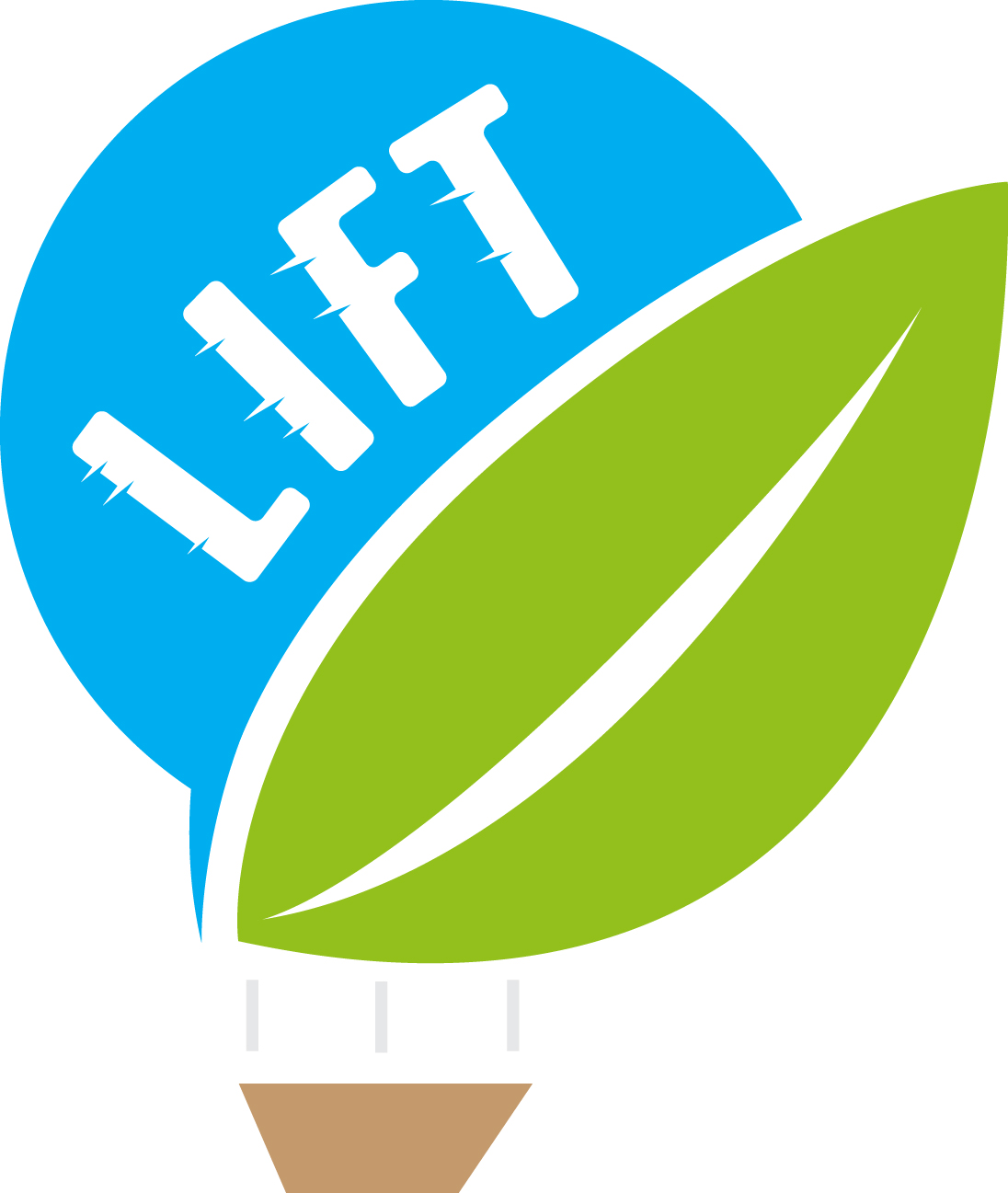 LIFT
LIFT